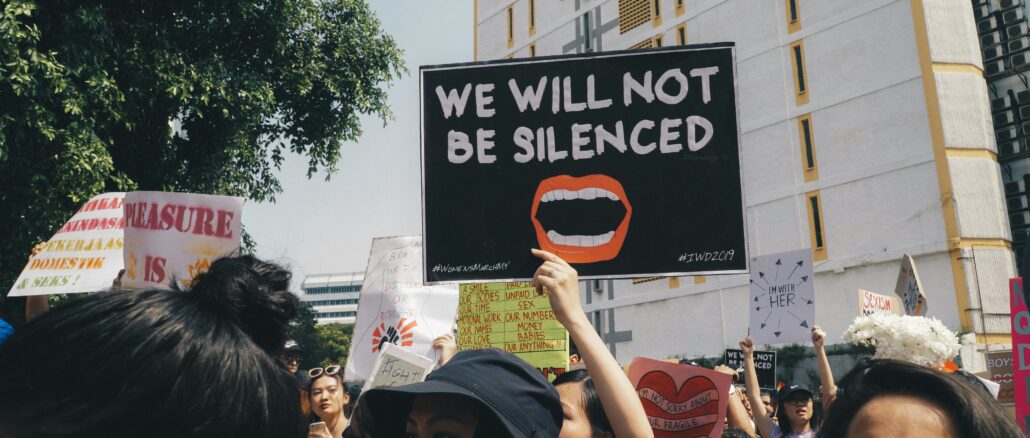
Women’s health and reproductive rights have long been contentious issues, shaped by cultural, political, and historical factors. Despite significant progress in recent decades, many women around the world continue to face barriers to accessing comprehensive healthcare and exercising autonomy over their reproductive choices. In this article, we delve into the complexities of women’s health and reproductive rights, examining their historical context, contemporary challenges, and the ongoing fight for equality and justice.
The Historical Context
The history of women’s health and reproductive rights is fraught with struggle and resistance. Throughout much of history, women’s bodies and reproductive capacities have been subject to control and regulation by patriarchal societies, governments, and religious institutions. From restrictions on contraception and abortion to discriminatory healthcare practices, women have long been denied agency and autonomy over their own bodies and reproductive destinies.
The Birth Control Movement
The early 20th century witnessed the emergence of the birth control movement, spearheaded by pioneering activists such as Margaret Sanger. Advocates for birth control sought to provide women with access to contraception, empowering them to make informed choices about their reproductive health and family planning. Despite facing immense opposition from conservative forces, the birth control movement laid the groundwork for the eventual legalisation of contraception and paved the way for greater reproductive autonomy for women.
The Fight for Reproductive Rights
The landmark Supreme Court decision in Roe v. Wade in 1973 marked a significant milestone in the fight for reproductive rights in the United States, affirming a woman’s constitutional right to access safe and legal abortion. However, the decades since Roe have seen relentless attacks on reproductive rights, including restrictive legislation, clinic closures, and attempts to overturn Roe itself. Women’s access to reproductive healthcare remains tenuous, particularly for marginalised communities facing systemic barriers to care.
Global Perspectives on Women’s Health
Women’s health and reproductive rights are global issues that transcend borders and cultures. Around the world, women continue to face challenges such as limited access to contraception, maternal healthcare, and safe abortion services. Additionally, cultural taboos, stigmatisation, and gender-based violence further compound the obstacles women encounter in accessing comprehensive healthcare and exercising reproductive autonomy.
The Way Forward
Breaking the silence surrounding women’s health and reproductive rights requires collective action, advocacy, and solidarity. It involves challenging patriarchal norms and systemic inequalities, amplifying the voices of marginalised communities, and centreing the experiences and needs of women in policymaking and healthcare delivery. By promoting comprehensive sex education, expanding access to contraception and abortion services, and combating stigma and discrimination, we can create a future where all women have the power to make informed choices about their bodies, health, and futures.
As we continue to explore and address issues of women’s health and reproductive rights, it is essential to recognise the intersectionality of these issues and the broader fight for gender equality and social justice. By breaking the silence, confronting taboos, and advocating for policy change, we can build a world where women’s bodies are respected, their choices are honoured, and their health and well-being are prioritised.
SheSociety is a site for the women of Australia to share our stories, our experiences, shared learnings and opportunities to connect.

Leave a Reply